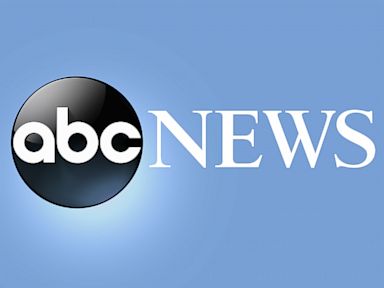
A landmark agreement on climate change will enter into force on Nov. 4, backed by a coalition of the world’s largest polluters and small island nations threatened by rising seas.
U.N. Spokesman Farhan Haq said the EU, Canada and Nepal are all expected to deposit their instruments of ratification over the course of the day Wednesday.
“By the end of the day, we expect the Paris agreement on climate change to have crossed the second and final threshold needed for it to enter into force,” Haq said.
The deal takes effect 30 days after 55 countries, accounting for at least 55 percent of global emissions, have adopted it. Sixty-two countries had done so as of Tuesday but they accounted only for about 52 percent of emissions.
“The Secretary-General has been very encouraged by the tremendous positive support from a broad coalition of countries from the largest emitters to the small island developing states to bring the Paris agreement to life as soon as possible,” Haq said.
With the addition of Nepal, Canada and the seven EU countries that have so far ratified the deal, the countries now account for 58.7 percent of emissions.
“It’s clearly a momentous moment in terms of global action on climate change,” said David Waskow, international climate director at World Resources Institute. “This has been much more rapid than anticipated and demonstrates political support for the agreement.”
The Paris agreement commits rich and poor countries to take action to curb the rise in global temperatures that is melting glaciers, raising sea levels and shifting rainfall patterns. It requires governments to present national plans to reduce emissions to limit global temperature rise to well below 2 degrees Celsius (3.6 degrees Fahrenheit).
While the targets in the agreement are not legally binding, the treaty does require countries to report on emissions and their progress on reaching the goals in the national climate plans they submitted to the U.N. The countries are also required to maintain those plans, update them every five years and to pursue measures to implement their stated goals.
The accord which was signed on April 22, 2016 was ratified at what is considered in the world of international diplomacy, a blistering pace, reflecting a sense of urgency in the fight against global warming and a desire to seal the deal before Secretary General Ban Ki-moon and U.S. President Barack Obama leave office.
Democratic presidential candidate Hillary Clinton supports the accord, while Republican Donald Trump opposes it.
“The unprecedented speed of the entry into force of the Paris Agreement demonstrates that Paris was not a one-off deal, but rather a long-term commitment to climate action,” Jennifer Morgan, executive director, Greenpeace International said in a statement.
Morgan added that the accord will allow for a managed decrease in fossil fuel dependency and increased investments in renewable energy.
International momentum had been building to ensure that the deal could enter force by the next U.N. climate conference, which starts Nov. 7 in Marrakech, Morocco.
